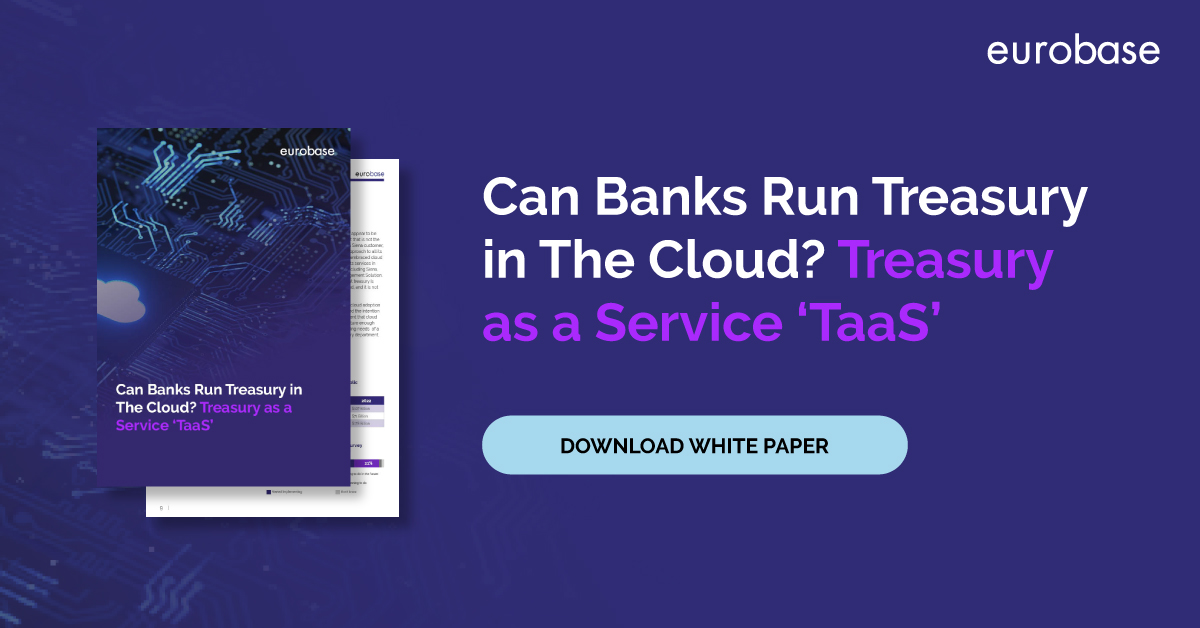Those following our related blogs of Cross Border Payments and CBDCs will not be surprised by the inclusion of the recent CPMI consultation paper. Our blogs can be found here - Blog | Banking (eurobase.com). The CPMI report analyses the causes of non-PvP settlement, takes stock of existing and proposed new PvP solutions and suggests roles for the private and public sectors, including central banks, to facilitate PvP adoption. Look out also for our forthcoming Fireside Chat (I know it's summer but heigh-ho!) videos which also touch on these areas.
1. Facilitating increased adoption of payment versus payment (PvP)
The CPMI invited comments on the consultative document generally and the questions set out specifically by 30 September. The Bank for International Settlements report, Facilitating increased adoption of payment versus payment (PvP) – issued as part of the G20 cross-border payments programme is well worth the read. The focus is on reducing foreign exchange (FX) settlement risk and improving cross-border payments by broadening PvP adoption. PvP is a settlement mechanism that ensures that the final transfer of a payment in one currency occurs if, and only if, the final transfer of a payment in another currency takes place.
2. Financial Services and Markets Bill
Also on the reading list is the UK's Financial Markets Service Bill (Financial Services and Markets Bill - Parliamentary Bills - UK Parliament), which allows the UK to create a more competitive financial services sector post-Brexit while preserving high regulatory standards. This includes changes to the framework within which financial services regulators operate and includes reform of the regime for wholesale capital markets. We can expect the incoming PM to push this and go for Royal Assent as soon as possible. Finally, lLook out for the sections on Crypto settlement!
3. FMSB – A Spotlight Review
The Financial Markets Standards Board ("FMSB") published a Spotlight Review , which examines ESG rating methodologies and data collection processes. The rapidly growing market for ESG-related products and the desire of financial institutions to manage their exposure to ESG-related risks have heightened the importance of, and demand for, ESG ratings. For those affected it is essential reading.
4. Application of the Principles for Financial Market Infrastructures to stablecoin arrangements
Back to the BIS and CPMI, along with IOSCO, is the publication of final guidance confirming that stablecoin arrangements should observe international standards for payment, clearing and settlement systems. According to Sir Jon Cunliffe, Chair of the CPMI and Deputy Governor for Financial Stability at the Bank of England -
"Recent developments in the cryptoasset market have again brought urgency for authorities to address the potential risks posed by cryptoassets, including stablecoins, more broadly. The recent market disruptions, while costly for many, were not systemic events. But they underline the speed with which confidence can be eroded and how volatile cryptoassets can be. Such events could become systemic in the future, especially given the strong growth in these markets and the increasing linkages between cryptoassets and with traditional finance."
This Final Guidance should be read alongside the Basel Committee on Banking Supervision's second public consultation on the prudential treatment of banks' cryptoasset exposures. ISDA has campaigned that this is a too stringent application. You can read the consultation here Prudential treatment of cryptoasset exposures - second consultation (bis.org) and the latest ISDA comments here Getting Crypto Capital Requirements Right – International Swaps and Derivatives Association (isda.org) alongside the original objections here Trade Associations Respond to Basel Committee Consultation on Cryptoassets – International Swaps and Derivatives Association (isda.org).
5. Can Banks Run Treasury in The Cloud? Treasury as a Service 'Taas'
Treasury Management as a utility presents undiscovered opportunities for banks and financial services. Cloud and it’s maturity, acceptance (or even endorsement in some cases) by regulators and banks is paving the way for the operating engine of a bank, it’s Treasury, to be delivered as a service.
Read our white paper to see how your bank can utilise 'Taas'.
It has been a hot summer for many, and it seems that the debate on the financial markets will be heating up as we close out the year with plenty to keep us all occupied with the changing landscapes just from this list. So enjoy the last of the summer and follow us to keep tabs on these critical developments over the autumn and winter to come.
